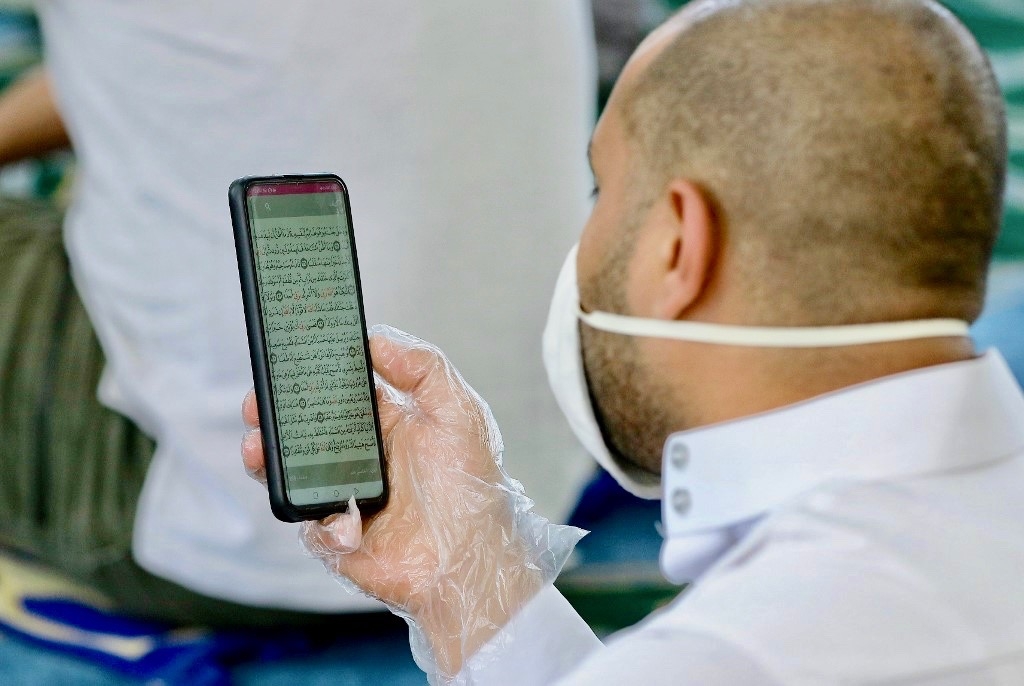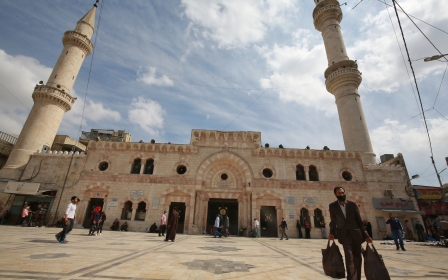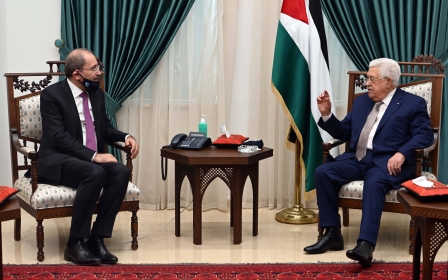Coronavirus: Jordan slaps wristbands on arrivals to monitor pandemic quarantine

Jordan began putting electronic bracelets on travellers who have recently arrived in the kingdom to ensure that they observe home-quarantine against the spread of coronavirus, an official said on Saturday.
People arriving in Jordan must isolate for 14 days at hotels designated by the authorities on the shores of the Dead Sea, west of the capital Amman.
After that period, they must self-isolate for an additional 14 days at home, according to Nizar Obeidat, spokesman for Jordan's virus task force, who was cited by AFP.
He told state-run Al-Mamlaka television that "the use of the electronic bracelet began on Saturday for those self-isolating at home" in order to ensure quarantine rules are respected.
Jordan imposed tough measures, including curfews and the deployment of drones, to curb the spread of Covid-19, before easing policies in early June.
The kingdom has so far registered 1,147 coronavirus infections, with only 10 deaths.
Still, health authorities have been reporting new cases recently among Jordanians and foreigners entering the country.
They have also maintained measures including social distancing and the compulsory use of face masks in most public places, with those breaking the rules fined.
Refugees suffering
Meanwhile, the United Nations recently warned that refugees living in Jordan are suffering from extreme poverty, particularly as a result of the coronavirus pandemic, London-based newspaper al-Arabi al-Jadeed reported.
"Coronavirus has affected our lives as well as the lives of refugees and Jordanians. It will have a long-term impact for several months," said Dominic Barch, UNHCR representative in Jordan.
In a statement issued by the UN refugee agency's local office, Barch said 79 percent of refugees in the kingdom were already living below the poverty line before the coronavirus outbreak.
According to recent surveys conducted in the country, this number has increased during the last few months, Barch said. Only 35 percent of refugees in Jordan will return to their jobs after the country opens up all sectors, he added.
Bach called upon international and national actors to come together to help their plight.
There are about 747,000 registered refugees from 52 nationalities in Jordan.
Middle East Eye propose une couverture et une analyse indépendantes et incomparables du Moyen-Orient, de l’Afrique du Nord et d’autres régions du monde. Pour en savoir plus sur la reprise de ce contenu et les frais qui s’appliquent, veuillez remplir ce formulaire [en anglais]. Pour en savoir plus sur MEE, cliquez ici [en anglais].




